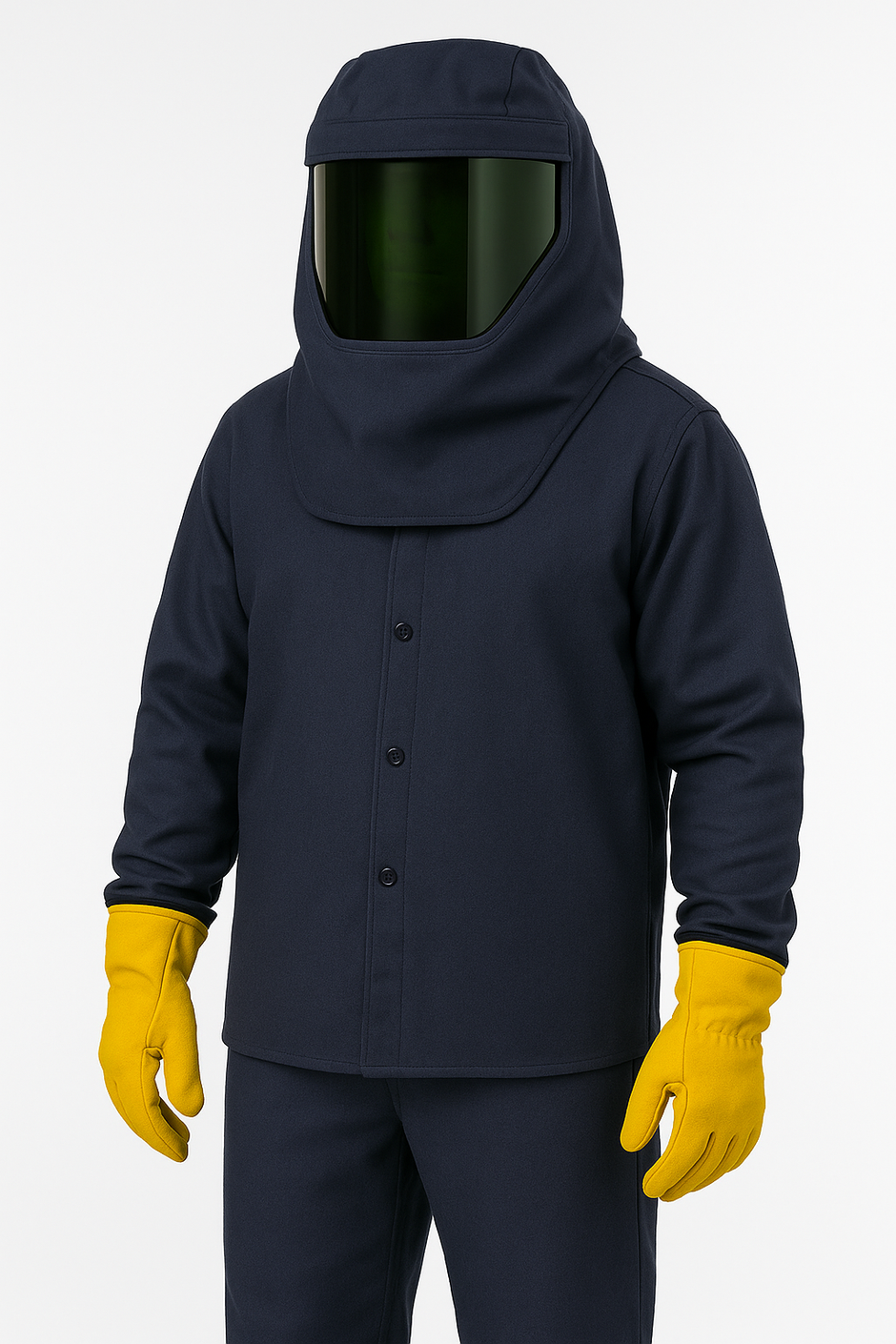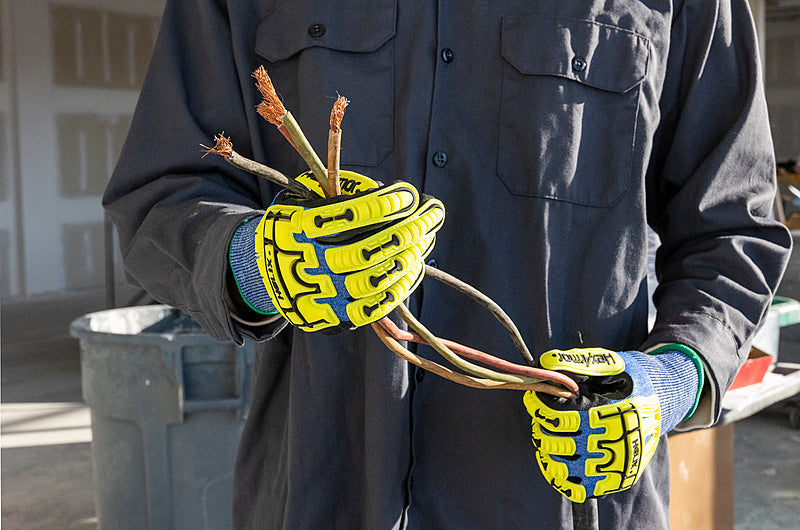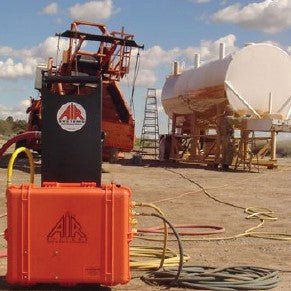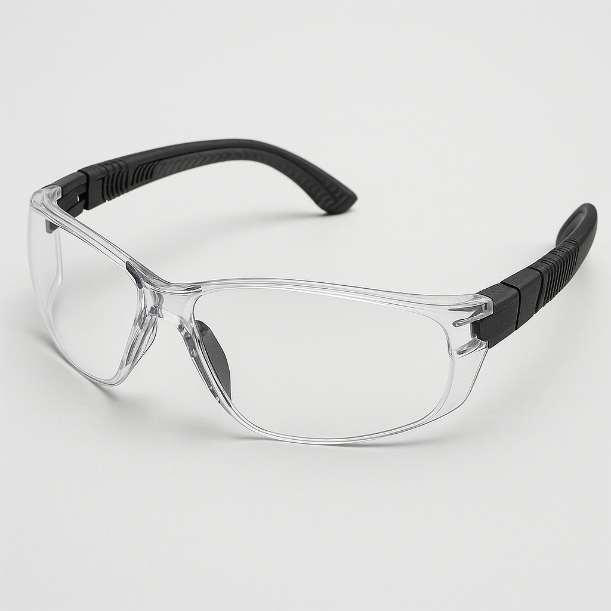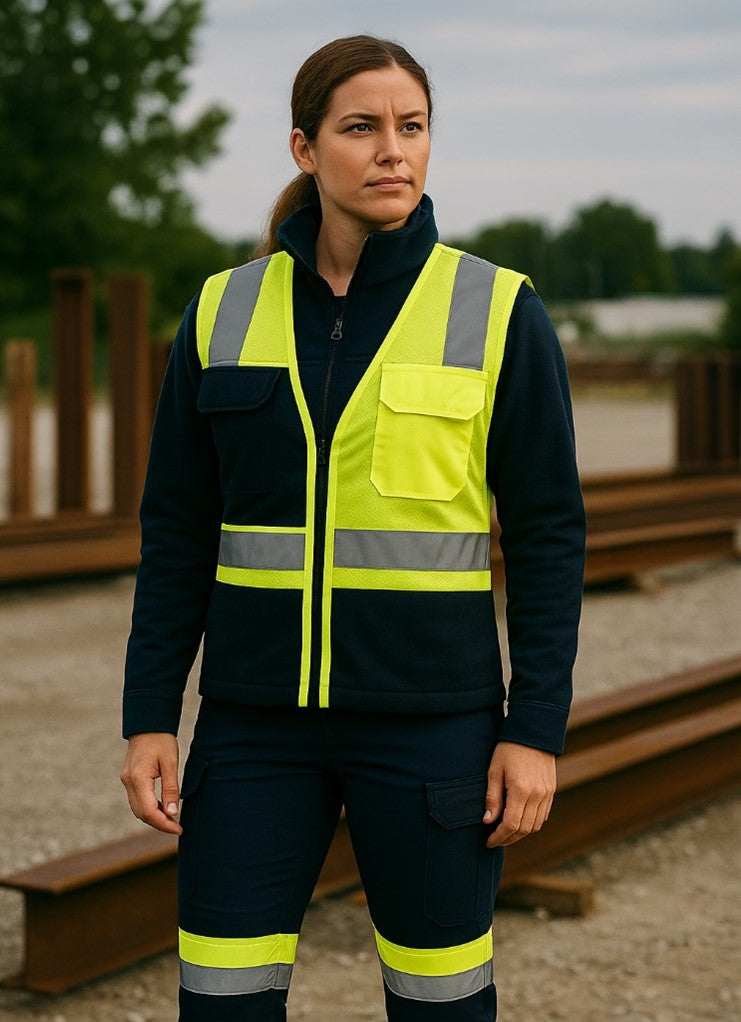Your hands are some of your most valuable tools—protecting them should be a top priority. Whether you’re working with glass, sharp tools, sheet metal, or machinery, wearing the right cut-resistant gloves can prevent painful and costly injuries.
If you’ve ever felt overwhelmed by terms like ANSI A3 or A6, don’t worry—you’re not alone. Let’s break it down so you can find the perfect glove for the job.
What Are Cut-Resistant Gloves?
Cut-resistant gloves are built to help prevent lacerations and injuries from sharp materials. These gloves are made from advanced materials like Kevlar®, HPPE, steel fibers, and other engineered yarns designed to block or slow blade penetration.
But not all gloves offer the same level of protection—which is why cut ratings matter.
ANSI/ISEA 105: What It Means
The ANSI/ISEA 105 standard is the U.S. benchmark for testing and rating gloves. Developed by the American National Standards Institute (ANSI) and the International Safety Equipment Association (ISEA), it provides a unified scale to assess:
-
Cut resistance
-
Abrasion resistance
-
Puncture resistance
-
Chemical protection
How Is Cut Resistance Measured?
ANSI/ISEA 105-2016 uses the TDM-100 test, which measures how many grams of force are needed to cut through glove material with a standardized blade. Based on this, gloves are rated from A1 (lowest) to A9 (highest).
Here’s a simplified guide:
| Cut Level | Grams to Cut | Protection Level | Typical Use | Sample Product |
|---|---|---|---|---|
| A1 | 200–499 | Minimal | General use, light-duty tasks | Eco-Friendly General Purpose Glove |
| A2 | 500–999 | Low | Warehouse, assembly lines | Tri-Star A2 Medium-Weight Glove |
| A3 | 1,000–1,499 | Moderate | HVAC, construction | Cut & Abrasion Resistant Glove |
| A4 | 1,500–2,199 | Medium | Roofing, glass handling | Cut-Resistant Work Glove |
| A5 | 2,200–2,999 | High | Sheet metal, auto work | Tri-Star A5 Heavy-Duty Glove |
| A6 | 3,000–3,999 | Very High | Heavy machinery, stamping | Impact-Resistant Cut Glove |
| A7–A9 | 4,000–6,000+ | Extreme | Fabrication, demolition | Hi-Vis Cut & Impact Glove |
This rating system allows you to make informed safety decisions and compare products across brands with confidence.
Why ANSI Ratings Are Important
-
Uniform Protection Standards: ANSI ratings make it easy to compare glove performance across different manufacturers.
-
OSHA Alignment: Many industries depend on ANSI-rated PPE to meet OSHA compliance requirements.
-
Informed Safety Choices: With clear cut-level ratings, safety managers and workers can select gloves that match real-world hazards.
Choosing the Right Cut Level
When selecting gloves, consider the following:
-
What materials are you handling? Sharp metal or glass requires higher cut resistance.
-
What is the likelihood of a cut injury? More exposure or high-speed machinery = higher protection.
-
Do you need dexterity? Higher cut levels often come with thicker materials, so balance flexibility and safety.
Cut-Level Recommendations by Industry
| Industry | Recommended Cut Levels |
|---|---|
| Warehouse & Logistics | A1 – A2 |
| HVAC, Electrical, Assembly | A3 – A4 |
| Glass Manufacturing | A4 – A5 |
| Sheet Metal, Fabrication | A5 – A6+ |
| Automotive, General Manufacturing | A4 – A6 |
| Demolition, Heavy Construction | A5 – A9 |
Shop ANSI-Rated Gloves at Dukel Safety
At Novarlo, we stock a wide selection of ANSI-rated cut-resistant gloves for every type of work environment. From light-duty handling to extreme industrial protection, we carry trusted brands designed to meet your needs.
Final Thoughts: Protect What Matters Most
Choosing the right cut level isn’t just a smart move—it’s a safety essential. Don’t risk hand injuries on the job. Invest in gloves that match the hazards you face daily.
Work smart. Stay protected. Choose the right gloves from Dukel Safety.


